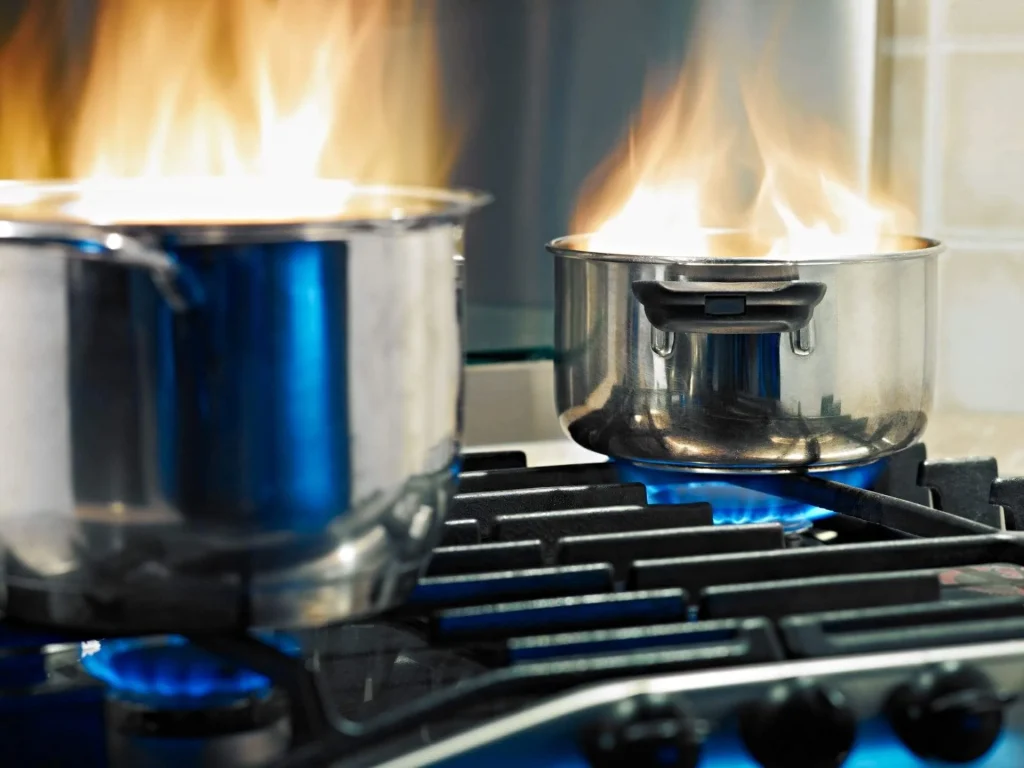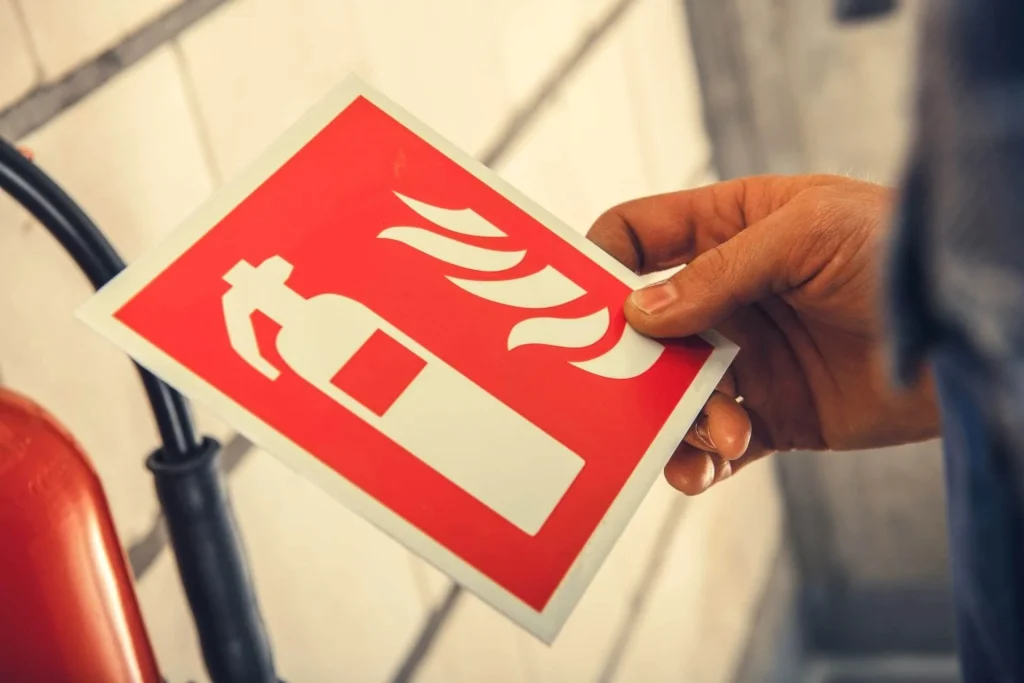Before you and your family move into your new home, it is only reasonable to make sure that everything you want to be done in the house and lot for sale in Cavite has been accomplished. It becomes apparent that some home buyers would really want to clean things up a little to transform them into something they are comfortable living in, like adding some safety measures in the kitchen, whether it be a little or a big renovation.
A kitchen is likely where you and your family will spend the majority of your time at your newly bought house and lot for sale in Cavite, perhaps because it’s where we cook, store our supplies, prepare our food, and eat our meals to some, the kitchen is the heart of their home. However, it is essential to keep in mind that your kitchen can also be a dangerous place for anyone since it’s where the majority of kitchen accidents occur.
This article will simply list the most common kitchen accidents that frequently arise along with some important prevention advice to prevent them from happening as early as possible.

Ways to Prevent Accidents in the Kitchen
1. Rearrange the kitchen equipment
It is typical for a house to be very disorganized once you move into your newly acquired house and lot for sale in Cavite. But if you have kids, it is better to avoid keeping sensitive equipment or knives nearby on the countertop.
Sharp objects that fall on the floor can lead to floor-related kitchen incidents or injuries in addition to cutting people when misused. Likewise, be sure to keep all fragile ceramic or glass objects out of reach. Glassware and teapots are readily broken. Delicate things sometimes scatter sharp bits across the floor when they break, where they can later be stepped on or slipped on.
Furthermore, save elevated storage spaces for less-used cookware and dishes to avoid requiring step stools to access high cabinets. If using a stool is necessary, place a spotter at the bottom to keep the stool steady. Never use the counters as a ladder to reach items that are high up.
2. Keep the kitchen floors clean
If you’re using the kitchen, you should be prepared to clear up spills as they happen and avoid letting them sit where they could cause danger of tripping other people.
It’s important to teach kids of any age who make their own breakfast or snacks how to clean up and discard messes correctly. Never let small children handle harsh cleaning substances that are dangerous if swallowed, and always keep paper towels nearby.
3. Get indoor slippers/shoes
It is more beneficial to invest in sturdy house shoes or slippers to minimize slip-and-fall incidents given that wearing shoes around the house might spread bacteria and grime throughout your interiors.
Do not wear your slippers outside in order to avoid bringing outside elements inside (and causing additional risks). A pair of slippers with rubber soles that are flexible for comfort yet offer good traction when walking on tile and hardwood floors should be purchased.
On the other hand, go barefoot if your slippers aren’t available or are in the washer. Your bare skin performs better in terms of preventing slips than wearing easily slideable cotton socks while out and about.

4. Have a fire extinguisher available
You should always have access to this tool in your kitchen.
You must respond swiftly and calmly if you notice flames arising from your gas burners without intending to or if you suspect that you may be burning food. Keep calm and keep in mind this advice during those brief, heart-pounding seconds after recognizing there is a fire in your kitchen: call the local emergency services right away.
You have to find a method to put out the fire right away because it needs air to burn. By placing a lid on the blazing pan, dousing it in baking soda, or drowning it with a fire extinguisher, you might be able to douse the flames.
On a grease fire, NEVER use water! You’ll only fuel the fire’s growth!
Many people have attempted to extinguish a cooking fire only to discover that they had worsened the situation and hurt themselves in the process. If you don’t know what you’re doing, valuable time could be lost.
Therefore, it is best to get an extinguisher, store it near the kitchen, and make sure that everyone in your home who is old enough to use it is aware of where it is. Fires can be deadly and can cause a lot of damage. Make sure that there is a fire extinguisher in the kitchen.
5. Implement child-proofing measures
Never leave your kids unsupervised in the kitchen, particularly in places where food is being made.
If you decide to include children in the cooking process, make sure you are closely supervising them. You can even install safety gates at each of your kitchen’s entries. Moreover, doing simple cooking, such as making a few dozen cookies, simple snacks, or creative layered sandwiches is better to do with them because they are easier and safer.
Another method to child-proof your prep area is to consider looking at the kitchen from a child’s perspective.
You can do this by surveying your surroundings and observing if there are any possible harmful objects present, such as if there are any accessible oven knobs, if there any pot handles sticking out over the stove that could be tipped down if there are any boiling water that is easily accessible and more by children.
Install latches on the refrigerator and cabinets to prevent children from opening them, and hide any sharp edges and out-of-reach breakables.
6. Have a first aid kit ready
Knife cuts are the most common kitchen accidents. A first aid kit for small crises should be kept in every home.
It has to have antibacterial cream, alcohol pads, bandage rolls, self-sticking bandages, cloth tape, disposable gloves, gauze pads, a sling, tweezers, a white washcloth, and an instruction manual on the basics of wound care.
Until you can see a doctor, you may need to take care of yourself or a loved one. Therefore, avoid just piling up supplies. Read the first aid manual to get ready.
Seek quick professional assistance if the wound is severe or you begin to feel unwell.
Read more: Ways to Improve Home Safety for You and Your Family


